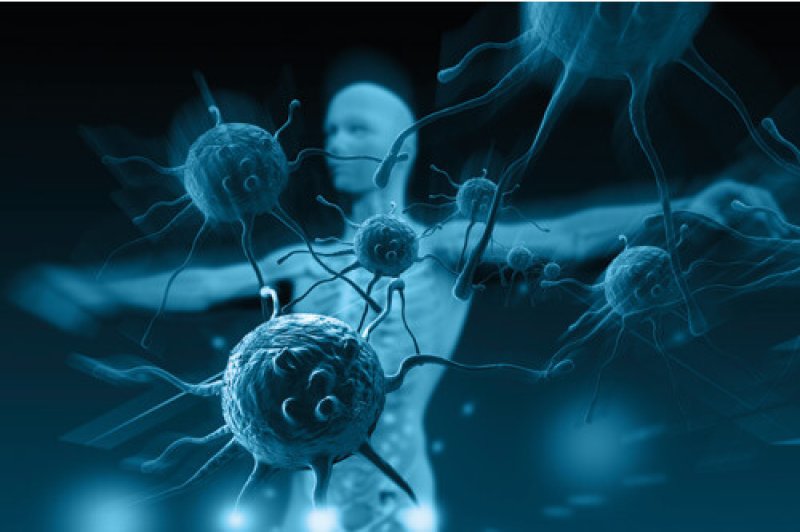The number of mutations in a tumor’s genome may predict how well a patient will benefit from treatment with immune checkpoint inhibitors, drugs that take the brakes off the immune system, according to a largescale study published [January 14] in Nature Genetics.
…
In the current study, a team of scientists led by Luc Morris of Memorial Sloan Kettering Cancer Center in New York City analyzed clinical information and DNA sequence data from 1,662 patients with advanced cancer who had been treated with checkpoint inhibitors. They found that, in general, people with a higher [higher tumor mutational burden] responded better to the drugs than those with a lower mutational burden, although the relationship varied substantially across tumors. In glioma, for example, patients with a higher TMB didn’t show any advantage over those with a lower TMB.
It’s not yet clear why more tumor mutations are linked with improved treatment outcomes. One popular theory is that a higher TMB makes a tumor cell appear more different from a normal cell by creating an abundance of abnormal proteins, which the immune system then recognizes and reads as a signal to destroy the tumor.
Whatever the explanation, Morris notes that using TMB as a biomarker could help clinicians predict the outcome of checkpoint inhibitor therapies.
Read full, original post: More Cancer Mutations, Better Immunotherapy Outcomes































